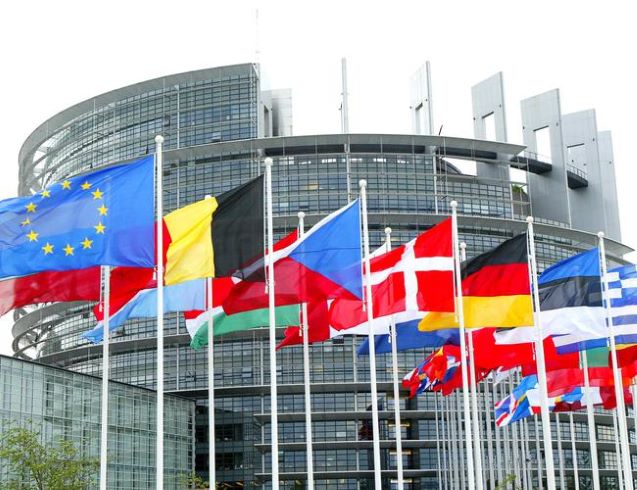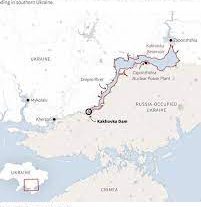Berlin’s move is aimed at fighting illegal immigration amid a sharp rise in the number of asylum applications.
Germany announced on Wednesday it will increase police patrols along “smuggling routes” on its border with Poland and the Czech Republic in an effort to prevent more migrants from entering the country.
The new measures would begin immediately, said Interior Minister Nancy Faeser.
The announcement came a day after police raids in Germany found more than 100 Syrian citizens inside apartments searched in connection with a smuggling ring.
Faeser did not offer any details on how many more border police officers would be deployed but stressed no fixed border checks would be installed as Germany has done along its frontier with Austria since 2015.
In order to introduce such controls, Germany would have to notify the European Commission.
On Wednesday, German Finance Minister Christian Lindner wrote on X, formerly Twitter, that his ministry would support the increased border control with additional customs officers.
“Border controls are to be intensified to stop smuggling and illegal migration,” he wrote.
“To ensure that this succeeds quickly, I have decided that customs will support this urgent task with 500 forces.”
Interior Minister Faeser said new controls would take place in close cooperation with Poland and the Czech Republic. They will be in addition to mobile police patrols that have already been checking cars crossing the border or people trying to enter Germany by foot.
“We must stop the cruel business of smugglers who put human lives at risk for maximum profit,” Faeser said.
Many migrants from countries like Syria, Afghanistan and elsewhere have been trying to get to Germany to apply for asylum.
Cities and communities across Europe’s largest state have sounded the alarm about the rising number of arrivals, saying they are running out of space to accommodate them and provide school places.
More than 220,000 people have applied for asylum in Germany in the period from January to August this year.
In 2022, about 240,000 people applied for asylum. Those numbers are still a far cry from 2015-16 when more than 1 million migrants applied for asylum in Germany.
However, in addition to migrants, Germany has also taken in more than 1 million Ukrainians fleeing Russia’s brutal war on their country.
About 25% of all migrants who reach Germany come with the help of smugglers on dangerous routes across the Mediterranean Sea and through forests along the Balkans route, Faeser said.
They usually pay thousands of dollars to reach Germany.
Some experts say smugglers only exist because there is a lack of safe and legal routes for individuals from certain to claim asylum or enter the EU.
Even obtaining a visa to visit the bloc can be a problematic process, with large costs, lengthy delays and a high chance of rejection.
When migrants get stopped on the border by police because they don’t have valid entry documents, they can still get into Germany if they apply for asylum.
“We want to prevent evasive movements by smugglers through flexible and mobile checks at changing locations,” Faeser said.
“At the same time, we ensure that the controls have as little impact as possible on people, commuters and commerce in everyday life.”
Faeser also pointed out that “for a significant reduction of irregular migration, a joint European asylum system remains the decisive step.”
This would mean strictly checking the EU’s external border so that migrants cannot reach countries like Germany, located at the centre of the bloc.__Courtesy EuroNews





